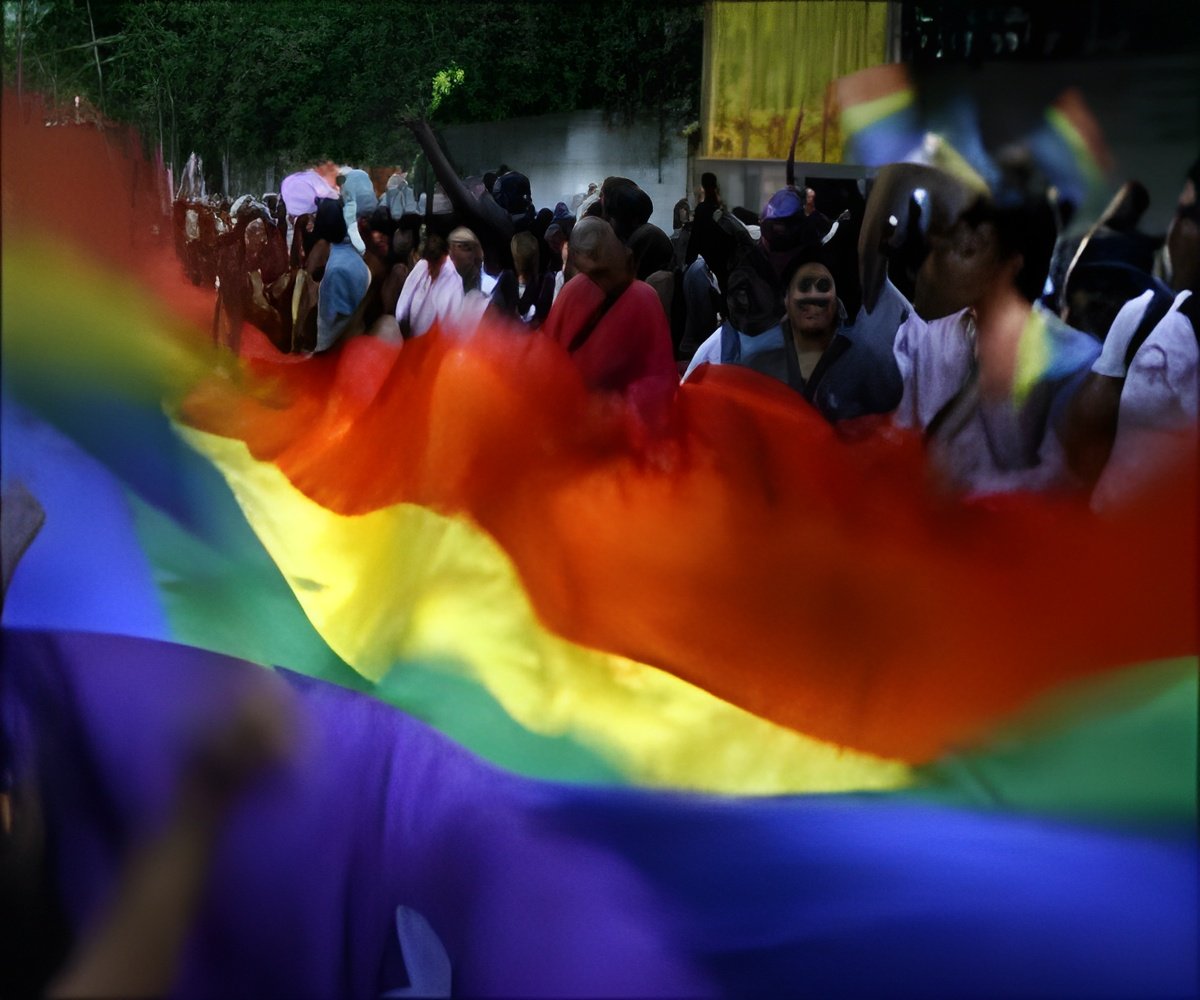Just about 15 months after its landmark decision, the US Supreme Court plans to revisit gay marriage.

The justices will weigh cases from five states -- Indiana, Utah, Virginia, Wisconsin and Oklahoma -- in which bans on same-sex marriage were deemed unconstitutional.
Whether for or against gay marriage, concerned US parties seem to be forming a consensus on at least one point: it's time for the Supreme Court to decide.
"It's crystal-clear that the court needs to take up the freedom to marry issue again," said James Esseks, from the American Civil Liberties Union.
On June 26, 2013, the Supreme Court made history by invalidating parts of the Defense of Marriage Act, which restricted marriage to heterosexual couples.
As a result, the federal government was allowed to recognize same-sex couples in all federal matters, such as sharing pension benefits.
Advertisement
- Awaiting 'further court action' -
Advertisement
In Utah and Virginia, where lower courts have struck down the state bans, the Supreme Court has blocked couples from marrying as it weighs whether to legalize the unions nationwide.
That means "same-sex couples and their families await further court action for full vindication," said Elizabeth Wydra, a lawyer with the Constitutional Accountability Center (CAC).
But, said David Cruz, a law professor at the University of Southern California, "if the Court were simply to deny review in all these cases, then the stays would be lifted and tens of millions of people would then be living in marriage equality states."
For Lyle Denniston, an expert from specialist website ScotusBlog, "the same-sex marriage controversy has developed at uncommon speed" since the Supreme Court's decision last summer.
The high court could say as soon as September 30 -- one day after the justices' private conference -- whether it will take up any of the cases from the five states and make a ruling in June 2015.
But the justices could also hold of weighing in, waiting to see if a federal appeals court somewhere rules gay marriage bans are legal.
"The justices have more difficulty denying a certiorari petition (to come before the Supreme Court) when the appellate courts disagree, because that means there would be different legal rules governing marriage equality in different regions of the US," Carl Tobias, law professor at the University of Richmond told AFP.
But Cruz said he doesn't believe the top court will wait.
"It seems increasingly unlikely that the Justices on the court would let so many pages of history be written without their input."
Source-AFP











